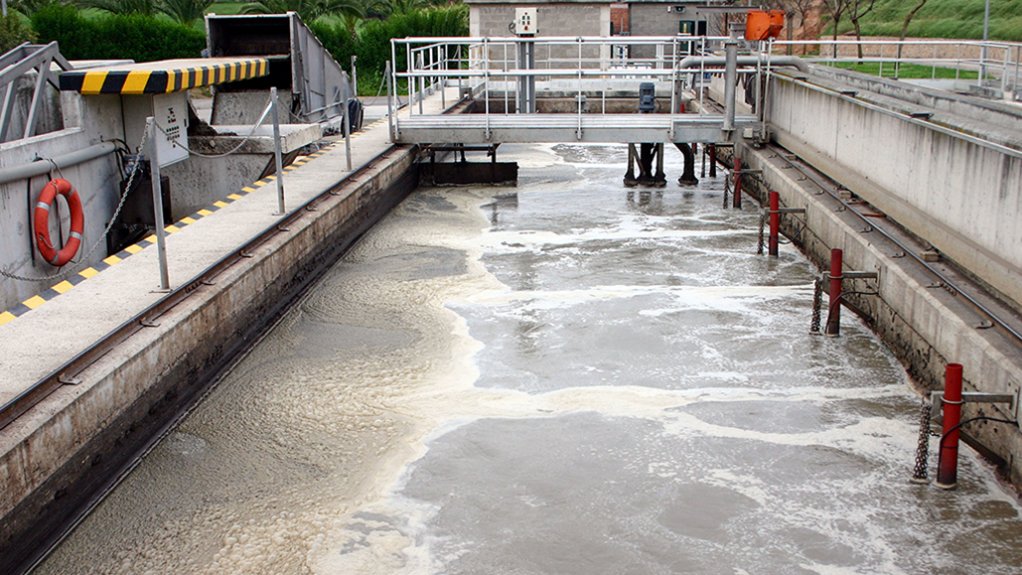
In South Africa, awareness about the value and scarcity of water has increased in the face of significant droughts in many regions of the country. This has brought with it a greater understanding of the need to manage existing water resources and infrastructure well, including wastewater treatment plants.
South Africa has 824 municipal wastewater treatment plants and many industries and industrial organisations have also invested in their own water treatment systems.
A significant but often forgotten tool for getting the longest, most effective performance out of wastewater treatment equipment is good lubrication. Lubrication is the lifeblood of any mechanical system and is especially significant in wastewater disposal systems, where lubricants are constantly stressed, diluted or destroyed by water, sand, dirt, dust, acids, caustics, cold, heat and the dynamics of the chemical processes involved in treating water. A judicious selection of quality lubricants is the key to reducing energy consumption, prolonging equipment life, and reducing associated costs.
Callum Ford, National Marketing Manager at Lubrication Engineers (LE) South Africa says that the primary job of a lubricant is to overcome friction. “We advise our wastewater treatment customers to use the lightest possible lubricant consistent with their desired application.” The best lubrication and least amount of friction will come from the thinnest lubricant that still has sufficient film strength to carry the required mechanical load.
Electric motors, gear reducers, chain drives, pumps, air compressors and engines are some of the key pieces of equipment at a plant that need carefully managed lubrication. Basic products needed in a wastewater treatment plant are electric motor grease, tough multipurpose grease,
EP gear oil, R&O turbine oils and engine oil. There may be more than one viscosity of gear oil required, as well as two grades of turbine grade industrial oil and lighter or heavier grades of other products.
Importantly, in a price-sensitive market like South Africa, some products can be used in multiple applications at a plant. Cross recommendations can be made, such as using gear oils for oil-lubricated electric motors and some turbine oils for gears. Turbine oils can also often be used in most other oiled points. Ford says that working closely with a lubrication partner is key to finding a balance between performance and budget requirements.
Whether establishing a new plant, maintaining an existing one or reinvigorating a dilapidated wastewater treatment facility, building good lubrication tools into maintenance plans and budgets is essential for high performance in the care of water.